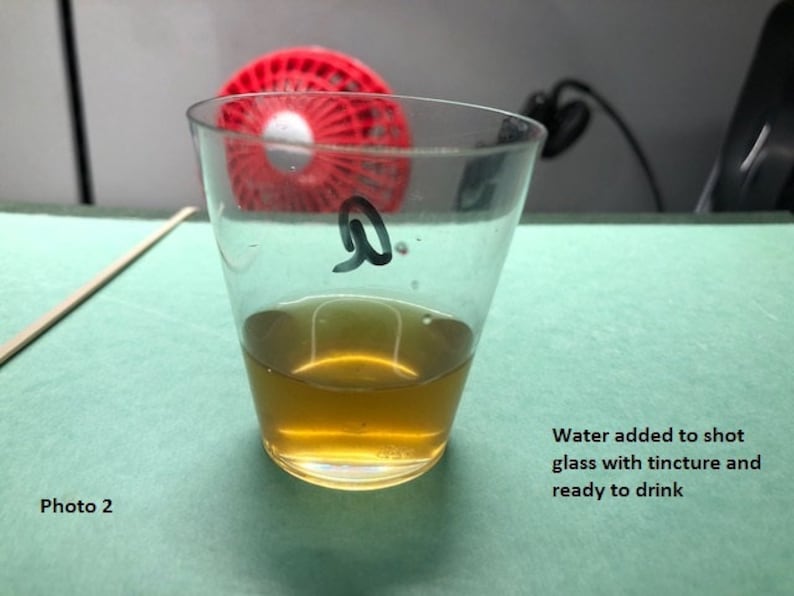

4 The major sleep disorders are insomnia, restless leg syndrome (RLS), 9 obstructive sleep apnea syndrome, and narcolepsy, 10, 11 among which insomnia is the most common. 7, 8 Typical manifestation of sleep disorders include sleep deprivation or fragmentation and events that occur during sleep. 5, 6 Problems with sleep are widely prevalent, 4 affecting 70 million (9-20%) of adults in the US and 45 million (7%) of adults in Europe. 2, 4 In addition, it is associated with significantly increased dementia risk. 3 It can also contribute to metabolic disorders including hypertension, dyslipidemia, cardiovascular disease, and type 2 diabetes mellitus. 1, 2 Insufficient sleep leads to reduced stress resilience, decreased quality of life, mood disorders, and cognitive, memory, and performance deficits. Sleep plays a crucial role in maintaining brain functions and systemic physiology, and chronic sleep problems could have a significant impact on our health. However, due to the presence of multiple active constituents and relatively unstable nature of some of the active constituents, it may be necessary to revise the quality control processes, including standardization methods and shelf life. In conclusion, valerian could be a safe and effective herb to promote sleep and prevent associated disorders. There were no severe adverse events associated with valerian intake in subjects aged between 7 and 80 years. In addition, therapeutic benefits could be optimized when it was combined with appropriate herbal partners.

Results suggested that inconsistent outcomes were possibly due to the variable quality of herbal extracts and that more reliable effects could be expected from the whole root/rhizome. A total of 60 studies (n=6,894) were included in this review, and meta-analyses were performed to evaluate the effectiveness to improve subjective sleep quality (10 studies, n=1,065) and to reduce anxiety (8 studies, n=535). PubMed, ScienceDirect, and Cochrane Library were searched to retrieve publications relevant to the effectiveness of valerian as a treatment of sleep problems and associated disorders.
#HERB SLEEP AID UPDATE#
This study was conducted to update and re-evaluate the available data in order to understand the reason behind the inconsistent outcomes and to provide a broader view of the use of valerian for associated disorders. Valerian ( Valeriana officinalis L.) is a popular herbal medicine used as a sleep aid, however the outcomes of previous clinical studies are inconsistent. Sleep problems are widely prevalent and associated with various comorbidities including anxiety.


 0 kommentar(er)
0 kommentar(er)
